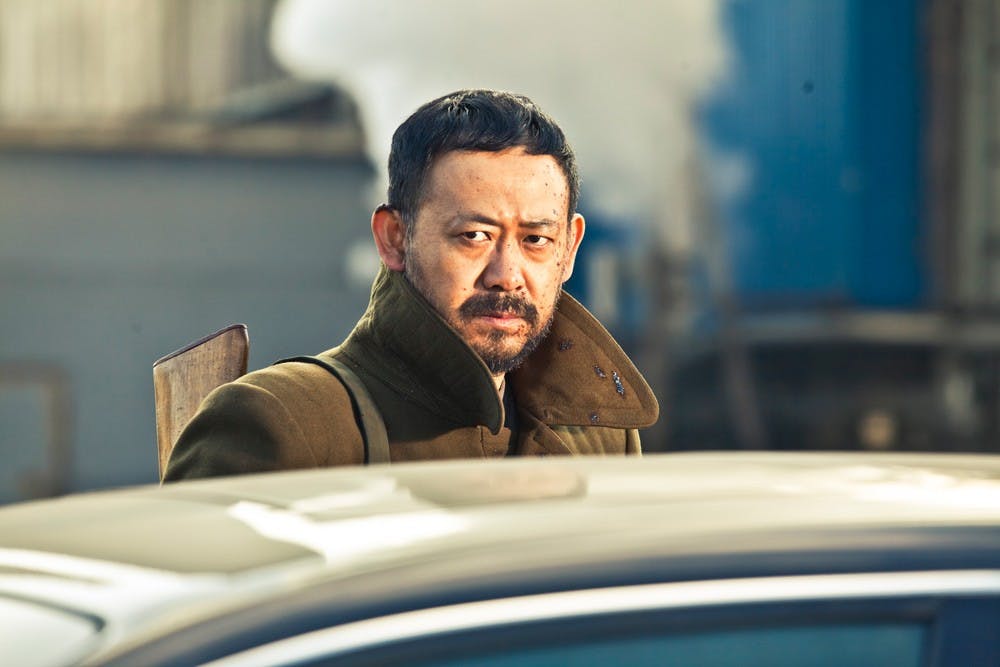Directed by Jia Zhangke, "A Touch of Sin" captures the unsettling side effects of the economic expansion in China. Four loosely linked narratives, which take place in four vastly different regions of China, reveal how capitalism has contributed to the dehumanization of a nation’s citizens.
Our first protagonist, Dahai (Wu Jiang) is determined to right injustice by exposing the corruption of his village chief and local boss—men who have become rich off of property that does not solely belong to them. Dahai is disregarded and laughed at until he realizes that he has no other choice but to show them that he can be as evil as they. Next, we meet Zhou San (Baoqiang Wang). He rides a motorcycle, wears a knit Chicago Bulls hat, and utters as few words as possible. Although Zhou has a wife, a son, and brothers who care for him, he seems unhappy and restless.
Xiao Yu—played by Zhao Tao, director Jia’s wife and muse—is our third protagonist. She has an affair with a married man and works at a sauna as a receptionist. We watch her get assaulted, and in another scene altogether, whacked relentlessly with a wad of cash. Last but not least, a young Xiao Hui (Luo Lanshan) struggles to support himself financially, while simultaneously attempting to come to terms with all the exploitation he sees around him.
All four protagonists will ultimately resort to violence—the only option if they want any control over their fate. What becomes evident in "A Touch of Sin" is that income disparity in China is to blame for the widespread sense of disillusionment, hopelessness, and moral injury. Shots of trapped animals help to underscore the main theme. Surprisingly, unlike some of Zhangke’s earlier work, this film was actually cleared for release in mainland China.
"A Touch of Sin" is meant to be a re-imagined type of wuxia, a martial arts film about contemporary China. In fact, the title references one of the most significant wuxia films of all time, King Hu's 1971 classic "A Touch of Zen." While the kill itself is usually quick in "A Touch of Sin," Zhangke makes us sit in the aftermath. Blood trickles out shiny and slow; it splatters and stains the entire mise-en-scène. Realistic lighting gives way to expressionistic cinematography. Cinematographer Yu Likwai uses heavy shadows to complement the graphic scenes.
Nominated for the Palme d’Or at this year’s Cannes Film Festival, "A Touch of Sin" won the award for Best Screenplay. Unlike Zhangke’s other films, it’s not for the faint of heart. It’s heavy and long and watching the ailment of a nation does get exhausting. Nevertheless, it’s an important story. "The expansion in China has been so fast," Zhangke asserted at a Q&A at one of his screenings. "There's been no room for the system to catch up with any kind of humanity.”
Grade: B+ Runtime: 135 min. See if you liked: "Xiao W"

